#float glass
Explore tagged Tumblr posts
Text
youtube
#glass industry#glass#float glass#manufacturing#apnadeshapnaglass#goldplusglass#mirror#goldplus#silver mirror#Youtube
2 notes
·
View notes
Text
The Importance of Architectural Glass in Modern Design
Architectural glass has revolutionized modern construction and design. This versatile material offers aesthetic appeal and functional benefits, making it a preferred choice for architects and designers. Architectural glass plays a significant role in contemporary structures, enhancing their beauty and functionality.
Types of Architectural Glass
Understanding the various types of architectural glass is crucial for making informed decisions in any construction project. Here are some common types:
1. Back Painted Glass
Back painted glass is a popular choice for interior applications. This glass is painted on one side, providing a sleek, modern look. It is often used for kitchen backsplashes, office partitions, and decorative wall panels. The painted surface is durable and easy to clean, making it both practical and stylish.
2. Float Glass
Float glass is another essential type of architectural glass. It is made by floating molten glass on a bed of molten metal, typically tin. This process results in a smooth, flat glass surface, ideal for windows and doors. Float glass is known for its clarity and uniform thickness, making it a staple in the glass industry.
Benefits of Using Architectural Glass
Architectural glass offers numerous benefits, making it an excellent choice for modern buildings. Here are some key advantages:
1. Aesthetic Appeal
Architectural glass enhances the visual appeal of any structure. Its transparency and ability to reflect light add a sense of openness and elegance. Whether used in large windows, glass facades, or interior partitions, it creates a sophisticated and contemporary look.
2. Energy Efficiency
Modern architectural glass can improve a building's energy efficiency. Specialized coatings and treatments help reduce heat transfer, keeping interiors cooler in summer and warmer in winter. This leads to lower energy bills and a reduced carbon footprint.
3. Durability and Safety
Architectural glass is designed to be strong and durable. Tempered and laminated glass options offer enhanced safety features. Tempered glass is treated to be more robust, reducing the risk of breakage. Laminated glass has a plastic layer between two glass panes, preventing shards from causing injury if it breaks.
Applications of Architectural Glass
Architectural glass is used in various applications, both residential and commercial. Here are some common uses:
1. Windows and Doors
Windows and doors are the most obvious applications for architectural glass. They provide natural light, views, and ventilation. High-performance glass options can also enhance energy efficiency and security.
2. Curtain Walls
Curtain walls are non-structural glass walls often used in commercial buildings. They provide an attractive exterior and allow for large expanses of glass. This design element creates a seamless connection between the interior and exterior spaces.
3. Interior Design
In interior design, architectural glass is used for partitions, railings, and decorative features. It allows for open, light-filled spaces and adds a modern touch to any interior. Back painted glass is particularly popular for adding color and style to interiors.
Choosing the Right Glass Manufacturer
Selecting the right glass manufacturer is crucial for ensuring quality and performance. Glass manufacturers in Ontario offer a range of high-quality products to meet various needs. Look for manufacturers with a reputation for quality and innovation.
Benefits of Working with Glass Suppliers in Canada
Choosing reliable glass suppliers in Canada ensures access to high-quality materials and expert advice. These suppliers provide a wide range of glass products, from float glass to specialized architectural glass. They can help you find the right solutions for your project, ensuring quality and performance.
Conclusion
Architectural glass is an essential component of modern design and construction. Its aesthetic appeal, energy efficiency, and durability make it a top choice for architects and designers. Whether you are working on a residential or commercial project, selecting the right type of glass and working with reputable suppliers is crucial. Explore the benefits of architectural glass and see how it can transform your next project.
0 notes
Text
Sustainable Building with Guardian's Float Glass
Sustainability is a key consideration in today’s construction industry, and Guardian Glass is committed to providing eco-friendly solutions with our float glass products. Our float glass is manufactured using processes that reduce environmental impact, ensuring that it is not only high-performing but also sustainable.
0 notes
Text
I think instead of Alfred, Clark would threaten to call Dick when Bruce does life threateningly stupid or just plain annoying things.
Bruce: "You wouldn't."
Clark: "Oh I wouldn't? We have weekly calls Bruce."
Bruce: "No you don't."
Clark: "Okay bimonthly, but are you ready for him to zeta up here and give Guy more stuff to use against you?"
#I maintain that on the glass floating house that is the Watchtower#Dick and Bruce have had legendary arguments sniping at each other#Clark Kent#Bruce wayne#Dick grayson
438 notes
·
View notes
Text
PROTECT THE CHILDREN!
Something happens and the Justice league need some information about ghosts. Specifically, those associated with the infinite realms. Unfortunately, the amount of experts on that topic is severely lacking. They seek out a pair of scientists who had stopped by Star City for a ghost convention and learned some of their devices actually worked on ghosts. However, they end up meeting a ghost at that convention who lets it slip that the Fenton couple are absolute morons and to just avoid them. They know practically nothing. If the Justice League really wants information, they should ask one of the Fenton kids instead. But be warned…if anything happens to those kids, the ghosts will rip them apart.
Because in this universe, Danny and Jazz spend most of their time protecting the other ghosts from their parents just as much as they protect the town from ghosts. Even when Danny is Phantom, the other ghosts treat him more as a friend and like to poke around and mess with him. But the ghosts essentially pack bonded to those two kids, so while it’s all fun and games to mess with them and cause a little bit of destruction, if anyone actually messed with them, there would be hell to pay.
The Justice League does not know this. All they know is that ties between the infinite realms and earth are so bad that most contact has been cut off besides violence, and somehow, these two kids are the only credible experts the ghosts might listen to.
Little did they know how protective the Amity park ghosts actually were, and how difficult it would be to get within 5 feet of the kids, let alone talk with them.
#Dpxdc#dcxdp#Kizzer55555 ideas#basically the entirety of Phantom’s rogue gallery is obstructing the Justice League.#Like…imagine Batman is trying to walk up to the kids and suddenly he’s shoved aside by an avalanche of boxes.#Or Green Arrow approaches and is suddenly abducted by a dragon. Wonder Woman is blocked by a crowd of mind controlled Ember fans.#Superman is suddenly hit mid air with a floating pirate ship.#Martian Manhunter almost got there but a grey teen with glasses grabbed his feet and yoinked him underground.#It’s only thanks to his own intangibility that he got out.#Flash is still traumatized by the flaming unicorn and the Black Knight who rode it. They challenged him to a sword fight.#Changing into civilian forms doesn’t work either. Identities don’t matter to ghosts. They clocked the heroes immediately.#Skulker boobytrapped the entire town. The only ones safe from the traps were Danny and Jazz ironically (and their closest friends).#Also. Aquaman and Aqualad were stuck in an iceberg by a pajama wearing ghost a while ago.#And pretty sure all the green lanterns need to be broken out of ghost prison. How did that happen?
205 notes
·
View notes
Text

144 notes
·
View notes
Text
I SAID I WAS GOING TO DRAW THAT CAR SO HERE WE ARE (I hope you enjoy this is the stupidest thing I've drawn in months /affectionate)










(I put the image descriptions in the Alt text this time because there's so many images. If it doesn't work please tell me and I'll yeet them in the actual post!!)
happy finale of Wild Life everybody! :D
#would you believe me if I told you that I had to come up with designs for everybody on the spot#cuz I've never actually drawn these guys before#the life series versions anyways#also yes gem is coming with joel#they're a family! you can't separate them!#I imagine it's a bit of a situation like gem is dropping joel off at daycare#even though joel's driving#I hope all the text is readable#I had to sacrifice a bit of visual flair for readability and contrast so I hope it worked well#also the idea of Grian's body being essentially a empty-eyed meat suit/puppet thing#while the actual Grian emotes with the giant floating eye thing is really funny to me#partially taken inspiration from mambodork's buttercups homeowners association au lol#I also really like this pearl design#I don't know why but her expressions are so fun to me#I tried putting some easter eggs in this despite not knowing a lot of life series lore#for example in cleo's winner's portrait they're being puppeted by another cleo wearing vr glasses! :D#idk I thought it was cool#there's a few more easter eggs/references in here feel free to go look for them#can't reveal all my secrets at once >:3#anyways yeah this brings me an inordinate amount of joy#...frick I forgot my tags#uhhh#whiteboardartstudios#original post#I guess#my art#?#life series#trafficsmp#traffic smp
168 notes
·
View notes
Text
Prompt 175
Talon -William Cobb, that was his name once, he remembers that much at least- stares down blankly at the small child who is clinging to its -his His HIS- pant leg, tiny claws digging into the cloth and gripping onto the armor. It he freezes, unsure as to how to react. With Hunts or Orders, the talon knew exactly what to do. Entertain. Kill. Simple.
Talons were supposed to kill witnesses, he- IT knows this, especially as one of the oldest talons that belonged to the Court. Yet the talon hesitates, something stopping it from doing so. The child looks up at it, something oh so familiar about the motion, with blue-green eyes before burying their face against its- his?- leg.
“'̵m̸ ̵c̴o̷l̵d̸…” the child-chick… spoke? Not-spoke. Something else, familiar-yet-not. But cold, he knew that. Cold was bad, it meant sleep, not rest but a deep frozen sleep that took time to awaken from. A dangerous thing. A thing not-talons didn’t wake up from.
The chick -Hadn’t he had a child once, all that time ago- whined, bringing its-his attention back to them. Talon could wait to return to the Court for a few hours more- the task it had been given was already complete-and keep the Cold away from the tiny chick. Just for a little bit.
#dcxdp#dpxdc#prompts#court of owls#talons#Talons are Halfas#Danny has his accident way younger & is like 9 or 10#Fun Fact William Cobb is Dick Grayson’s great-something grandfather#But he appears to be a similar age thanks to the whole frozen glass coffin things#Anyway with how many people have Danny as Dick’s clone/sibling I bet he’d remind Cobb of his own children#Danny accidentally floated intangibly in his sleep while on a trip and got lost#Thankfully he woke up & found this weird-but-safe-feeling dude half hidden by some gargoyles#Bad news: The bats might be searching for the one behind a murder that they’re quickly realizing might be Court BS#Iffy News: The Fentons are now out of Gotham without realizing Danny floated out of the GAV#Maybe Good News: William’s sick core has imprinted on Danny’s & vice versa#Dangerous News: There is now a broody talon out and about away from the Courts control
639 notes
·
View notes
Text
Fishing net glass floats
These beautiful glass balls that many collect today have been around since about 1841, an invention that originated in Norway where old glass and or old bottles were blown into these balls or oval floats to hold fishermen's nets on the surface. However, from the early 20th century, Norway was replaced by Japan as the main producer, where old sake bottles were reused, which is why we are more likely to find these than european models today.
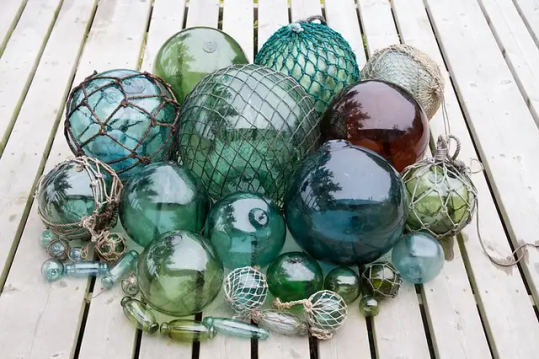
Japanese glass floats
The production process initially required much more skill than one would expect. After blowing, the floats were removed from the blowpipe and sealed with a button of molten glass before being placed in a cooling oven. While the floats were still hot and soft, markings were often stamped on or near the sealing button to brand the floats.
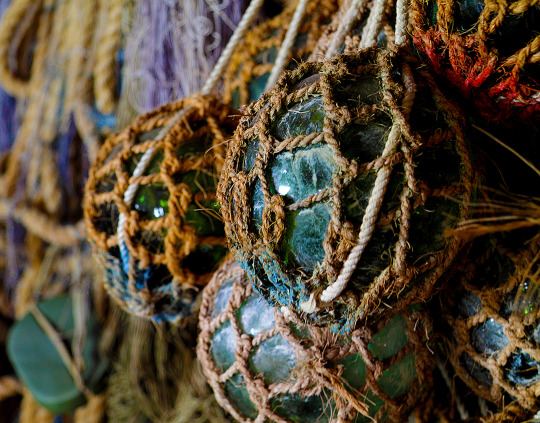
Garnblåser or glass floats
In a later manufacturing method, wooden moulds were used to speed up the float-making process. The glass bottles were blown into a mould to make it easier to achieve a uniform size and shape. The seams on the outside of the floats are a result of this process. This makes it easy to distinguish whether it is a hand-blown float or a float that has been blown into a mould.
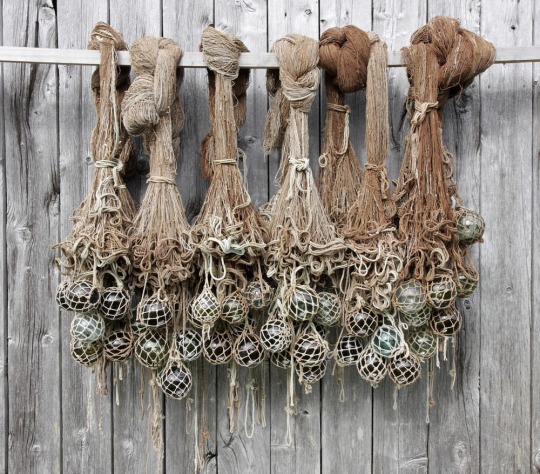
Old fishing nets with glass floats hanging at a boathouse wall in Norway.
Most floats are in shades of green because this is the colour of glass from recycled bottles. However, clear, amber, aquamarine, amethyst, blue and other colours have also been produced. The most prized and rare colour is red or cranberry. The production of these colours was expensive as gold was used to produce the colour. Other brilliant colours such as emerald green, cobalt blue, violet, yellow and orange were mainly produced in the 1920s and 30s. Most of the coloured cars available for purchase today are replicas. Originals are difficult to find today. In the past, they were often found on the beaches because they had become detached from the nets and then washed ashore.
Sources below
Glass Ball, A comprehensive Guide for Oriental Glass Fishing Floats found on Pacific Beaches by Walt Pich
Beachcombing for Japanese Glass Floats by Amos L. Wood
373 notes
·
View notes
Text
HAPPLY HOLIDAYS! NERRY CHRISTMAS! HAPPY HANUKKAH! BLESSED YULE!

Happy Truce @misosuper !!!
I always thought Sidney and Danny could end up being buddies so seeing your prompt for them getting some egg creams together was just perfect! (You may notice they're enjoying them floating over the school, do not worry, they'll return the glasses. Did they pay for them? uh)
#I had never heard of an eggcream before so I had to just guess based on pictures and the like#i wanted to get a bit cartoony with it and i was told that foam is the goal so their glasses are overflowing with the stuff lol#they seem tasty! like a soda float wothout waiting for it melt?#i'd try it!#danny phantom#sidney poindexter#why does his tag not have a t in it •_•#my art#phandomholidaytruce
97 notes
·
View notes
Text


夏の音がするガラスペン
#cream soda#soda float#glass pen#stationery#stationary#stim#stimblr#kawaii#kawaiicore#cute#my gifs#heisei#heisei retro#heisei era#glass art
239 notes
·
View notes
Text
I see a lot of TWST fans enjoying Tokyo Debunker— a game just like TWST with a more mature tone.
I just want to warn anyone who cares that the game uses AI imagery for its backgrounds and some art!!
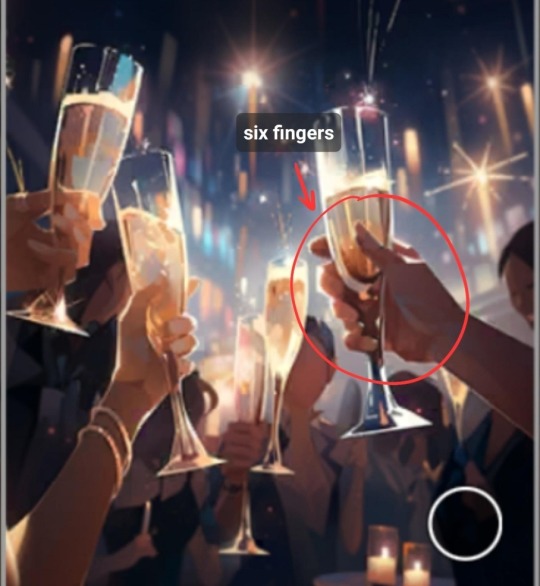
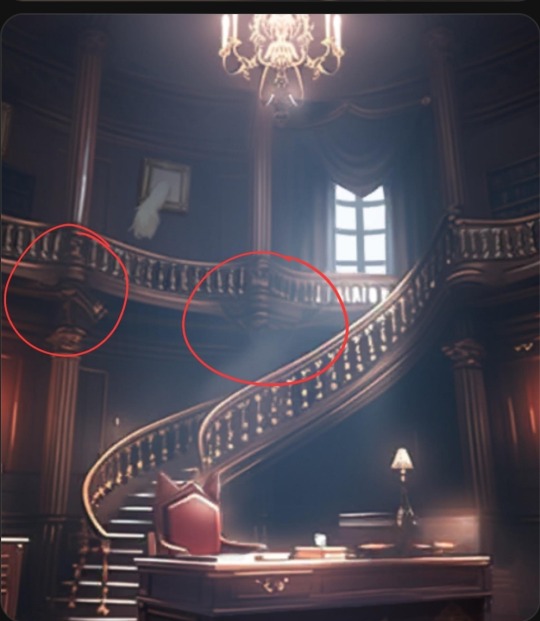
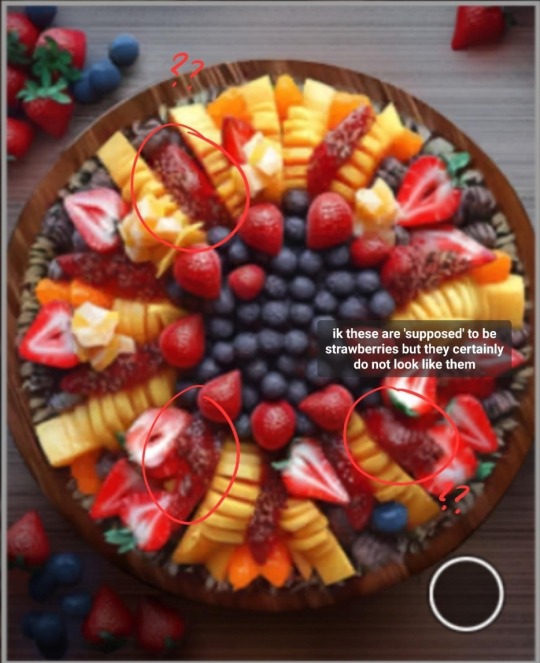
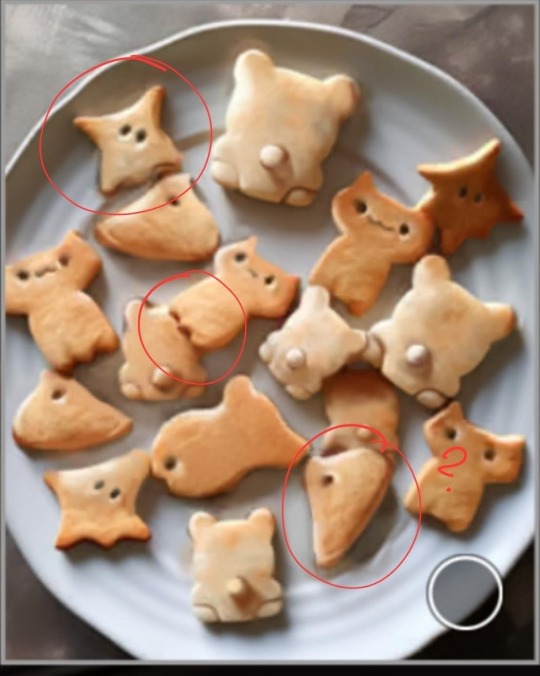
Some staircases also end up breaking or bending into itself in later background art.
It's a shame as I am enjoying the game– but please consider this before you spend any money on it
Credit: r/yoheimitoes on reddit
#tokyo debunker#also the floating champagne glass lmao#not writing#not requests#i may write for it tho idk
401 notes
·
View notes
Text
The Versatility of Float Glass in Modern Architecture
Guardian Glass leads the way in glass industry innovation, with our top-notch float glass serving as a prime example of our dedication to excellence. Renowned for its superb light transmission and crystal-clear quality, float glass is a distortion-free material that plays a crucial role in contemporary architecture. Its flexibility in terms of size and thickness makes it a perfect fit for a wide array of uses, ranging from expansive commercial facades to intricate interior designs.

0 notes
Text
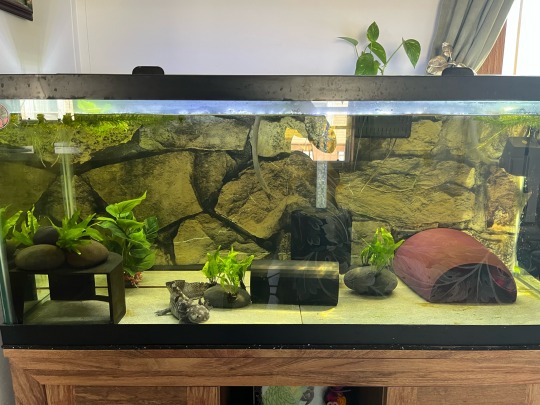

My slimy friend
#my post#Otto#I hate his tube hide bc the suction cups it came with suck so bad#it is constantly coming off the glass and just floating around the tank#and I am too lazy to replace the suction cups#also so far so good for all the plants besides the water lettuce#which tbh that was the one I wasn’t sure would survive
211 notes
·
View notes